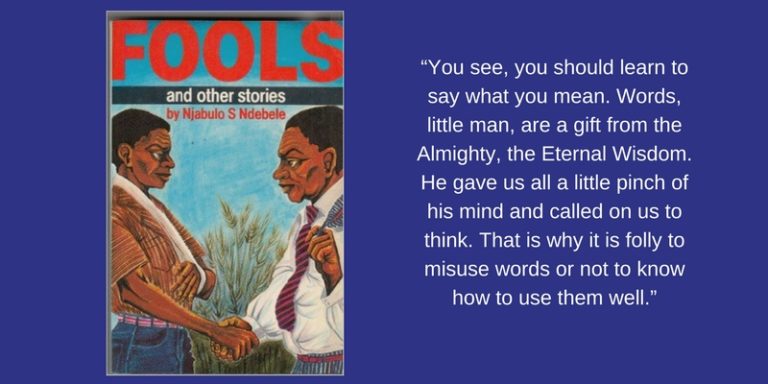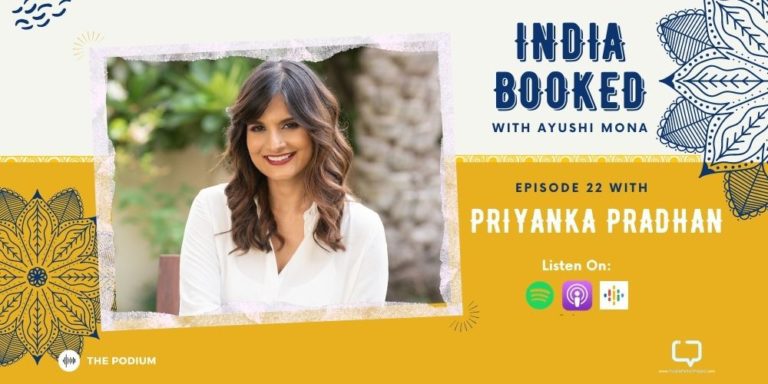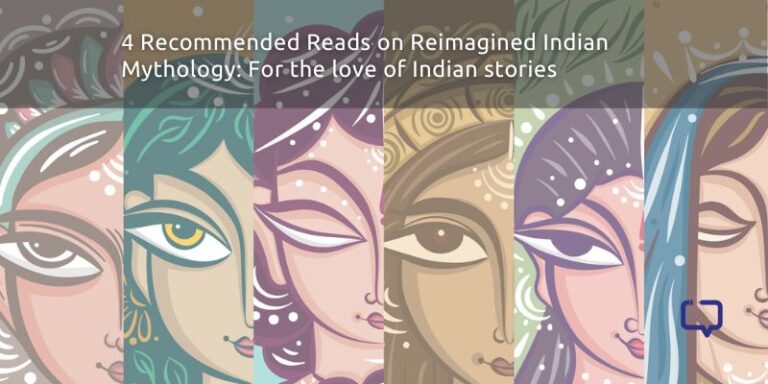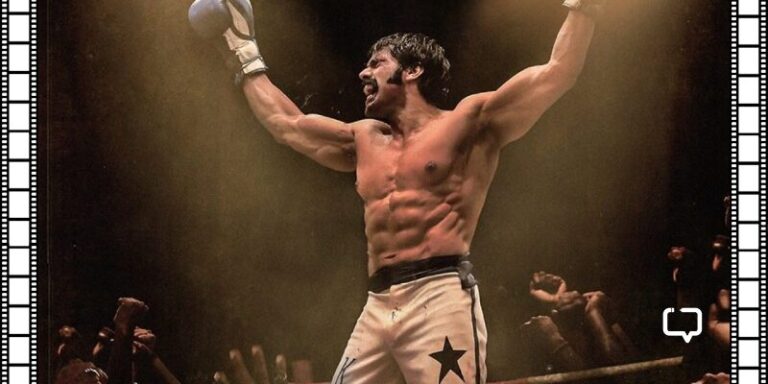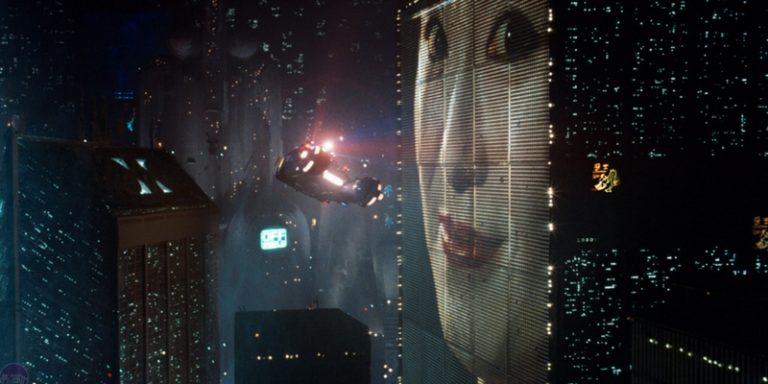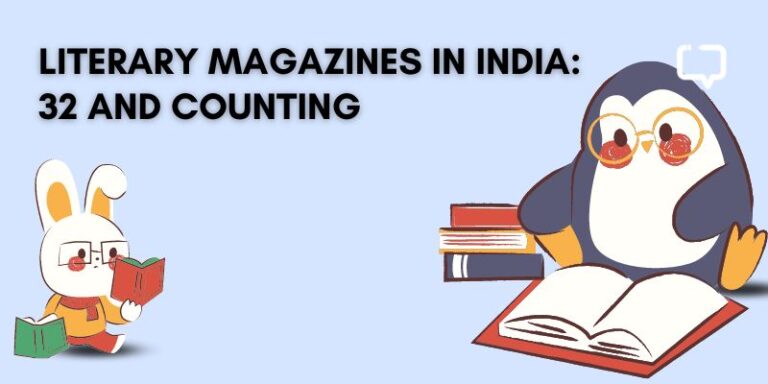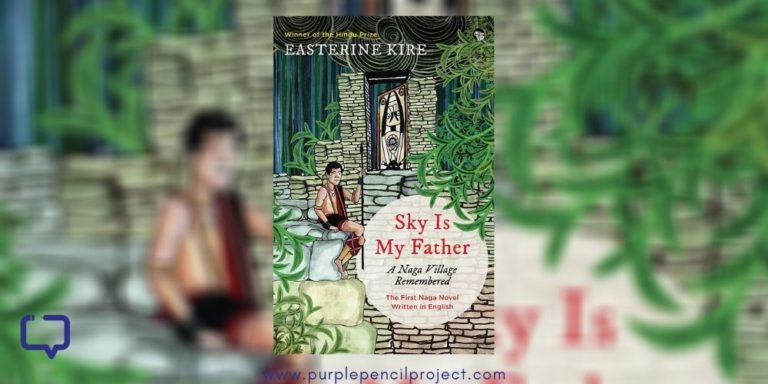The Map and The Scissors is a searing portrayal of the lives of two powerful men, Mohammed Ali Jinnah and Mohandas Karamchand Gandhi. The two men, a ‘scaffold of bones’ in appearance, were unbreakable with a steely resolve. Both dreamt of freedom from British rule but in irreconcilably different ways. An incisive analysis of their attitudes which is a legacy we inherit, this work of historical fiction written by Amit Majmudar dissects many events that led to the partition of India that came bundled with the promise of independence.
We encourage you to buy books from a local bookstore. If that is not possible, please use the links on the page and support us. Thank you.
Mohammed Ali Jinnah vs Mahatma Gandhi
The Map and The Scissors begins in the year 1893 with Mohammed Ali Jinnah, a law student, stepping onto a Shakespearean stage in London even as new lawyer MK Gandhi falls from an open train door to the dusty ground in Peitermaritzberg in S.Africa. Here on, it’s brilliant and ironic how one’s rise is mostly aligned with another’s fall.
Both men are Gujaratis, married before they leave for London to study law and receive complete support from women as they strive in politics, MK Gandhi from his wife Kasturba and Mohammed Ali Jinnah from his sister, Fatima. Both aspire to father a nation but fail to understand their own child. Gandhi is shot by a Hindu, Nathuram Godse and the only attempt on the life of Mohammed Ali Jinnah is by a Muslim, a five seconds scuffle that leaves him with a cut on his chin.
What shapes the history of the Indian subcontinent are not these uncanny similarities but the differences, in their attire and attitude. These differences are evident in their very first meeting in Aug 1914 when they discuss Indians pledging support to the British in the Boer War. While Mohammed Ali Jinnah pragmatically remarks that servant and master can never be friends, Gandhi asserts that we must convert them with ‘love’; it‘s this word ‘love’ that Jinnah listens to incredulously. We see Jinnah’s differences with MK Gandhi and Nehru grow, become irresolvable until they represent not two communities within a nation but ‘two’ nations. If Gandhi stands for passive resistance, Jinnah stresses upon Direct Action.
Men Maketh History
They say history makes men wise but here we learn about the men who made history. While the book feels like we’re peering into a bioscope playing ‘the journey from Jinnah and Mohan to Qaid-e-Azam and Mahatma’, not everything is about just these two. The roles of Nehru, Sardar Patel, Liaquat Ali Khan, Fatima Jinnah, Huseyn Suhrawardy and Lord Mountbatten are well-scripted too with cameo appearances by Churchill, Reginald Dyer and Sir Cyril Radcliffe.
Brownie Points
The book despite being a cornucopia of history, not once, feels like an academic text because of the way it is written. Amit Majmudar has a boisterous way with words. He adds vim and fizz to the narrative with his biting humor and wit.
His words often imply more than what they directly convey. For instance, the prologue opens with lines – ‘Imagine yourself on an island. The sea is wheat or jute and the wind makes waves in it’, and you figure wheat and jute represent Punjab and Bengal, the two provinces that were hacked during the Partition.
The conversations between characters constantly spice up reading. For instance, when MK Gandhi, after the widespread communal violence, declares in Lord Mountbatten’s presence, “Tell Mr. Jinnah he alone can heal the cut he alone has made”, Jinnah retorts, “Tell him this is a surgical amputation. The cut is what heals”.
Stay updated with the latest posts
Rendering history is quite a scandalous job but the author doesn’t mince words when he writes about Gandhi’s experiments with truth and ‘desire’, Nehru’s love letters for Lady Edwina Mountbatten and Jinnah’s ‘dark’ energy and political ambitions that drain life off his wife Ruttie Petit. He treads the fine line between fact and fiction adroitly, like Gandhi, who he writes, balances perfectly on the border between hunger and starvation. To pack decades of active struggle for independence comprehensively without clutter is no mean feat.
It is noteworthy that the book divided into six parts has each part named after a stage of the courtroom trial like ‘Opening Statements’, ‘Calling the Witnesses’, ‘The Verdict’, pretty apt for the book details the personal and political lives of Jinnah and Gandhi, two London-educated lawyers.
A bone to pick, but not with Mohammed Ali Jinnah or Mohandas Gandhi
At a dinner party in 1947 hosted by the Viceregal couple, Sarojini Naidu remarks “All you used to speak of was unity, Jinnah. Now you speak of division, partition, communalism. Have you forgotten Lucknow?” Yes, Jinnah refused to cooperate with Gandhi’s non-cooperation. He disliked mixing mass politics with mass prayers and Nehru being hailed as the rising star in Indian politics. Yet, the transformation in his attitude from advocating unity to doggedly demanding a separate nation for Muslims is rendered hazy, the vehemence feels abrupt.
I have a bone to pick with the author when he writes ‘1923, 1924 … Muslims and Hindus are drifting apart again into mutual distrust’ (page 72) but fails to elaborate on the concrete events behind the rising communal disharmony. It makes me wonder if the missing links are the incidents involving Mahashay Rajpal. That the author deals with Jinnah and Gandhi as lawyers, what created this communal rift should have been more clear. That he mentioned the years and still chose not to dwell on what led to communal rift felt like he was choosing to keep some details away to stick to his narrative. Which is what history is, you always reveal what you want to.
The narrative, though largely taut and engrossing, slackens a bit in the final part that deals with the death of Gandhi and Mohammed Ali Jinnah. While the author’s mordant wit eases the process of reading, it takes an initial effort from the reader to understand that he doesn’t intend to undermine the importance of our history with his writing style.
Best Quotes
Because violence has a life cycle, too. When you suffer it, you are the larva. When you fester over it, you are the pupa. When you contemplate inflicting it, you are the nymph. When you inflict it, you have spread your wings, Adulthood.
Conclusion
A page turner right from the start, The Map and the Scissors by Amit Majmudar is a novel that will open up immense debate and discussion, one you will annotate heavily, one you will return to more than once. An important book in Indian literature.












